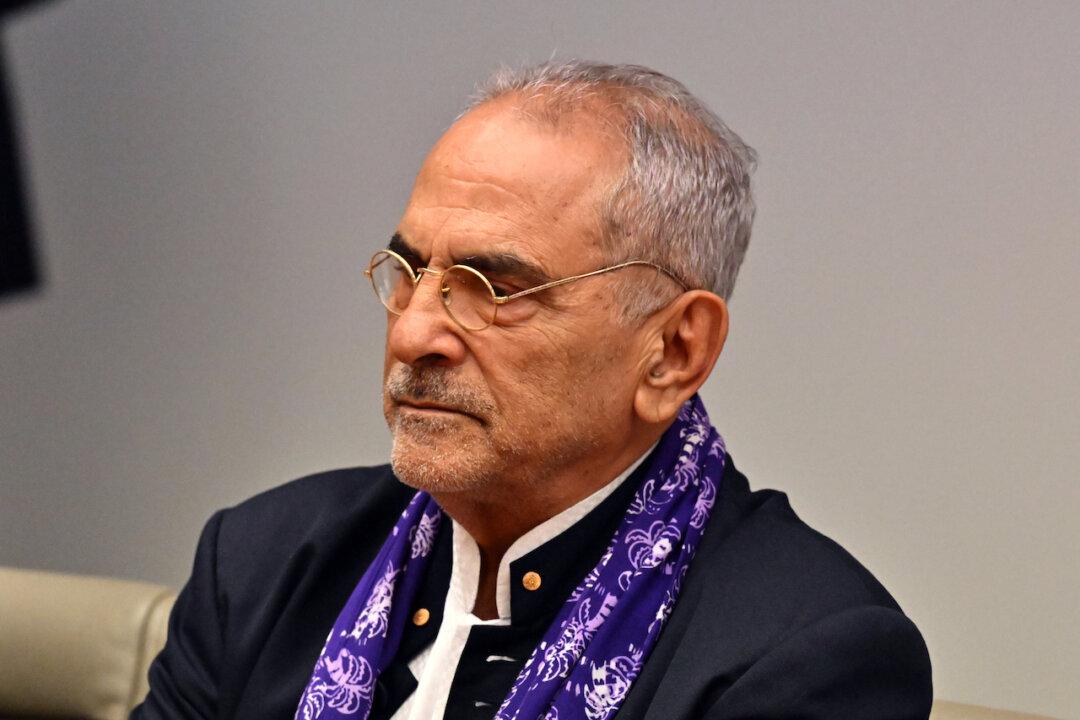East Timorese President Jose Ramos Horta has urged Australian PM Anthony Albanese to publicly support the development of a gas pipeline in the Timor Sea following Woodside Energy’s new position on the project.
This follows a diplomatic stoush in August that saw Ramos-Horta say that his island country would turn to China if Woodside Energy continued with its preference to direct gas through the northern Australian city of Darwin.





